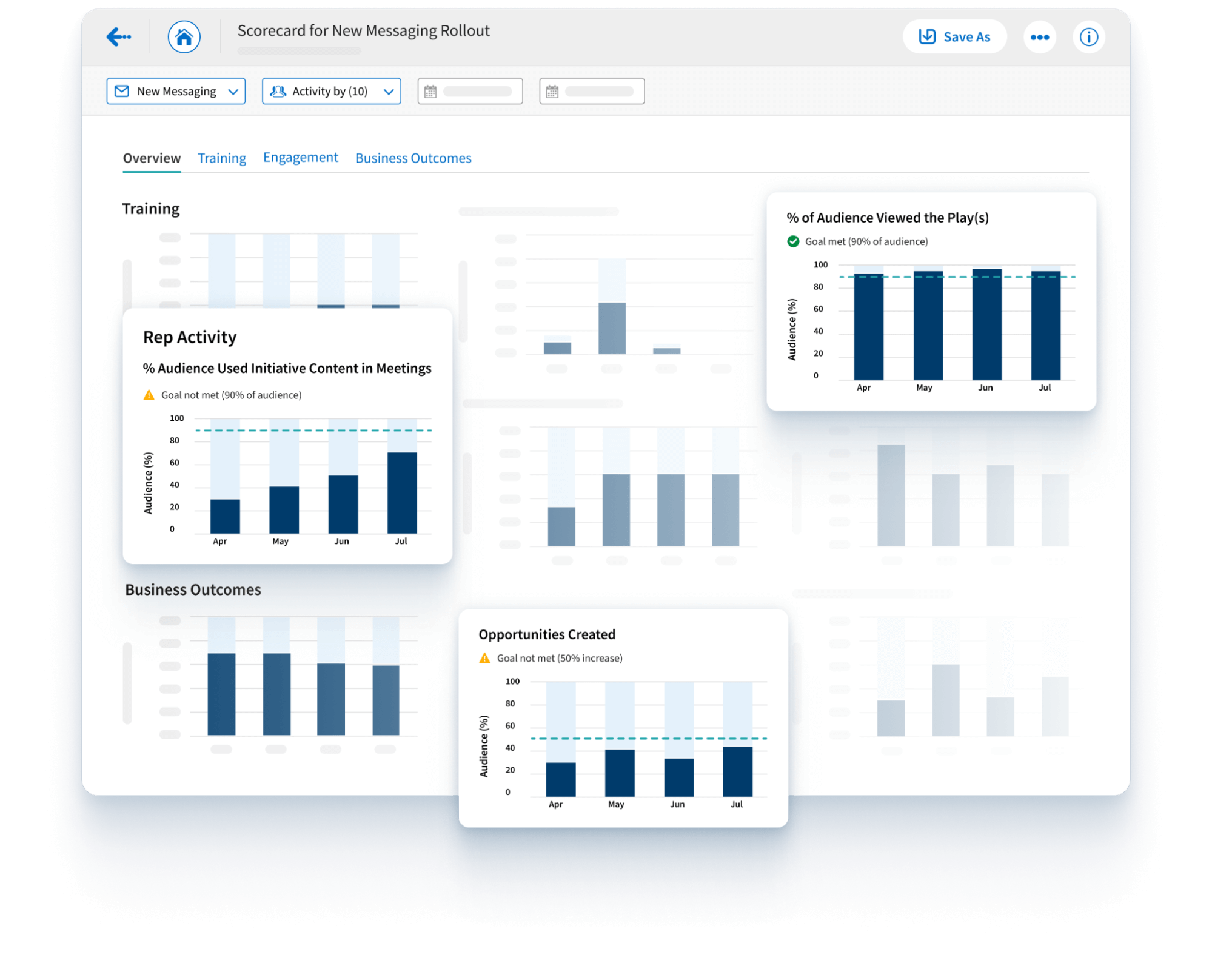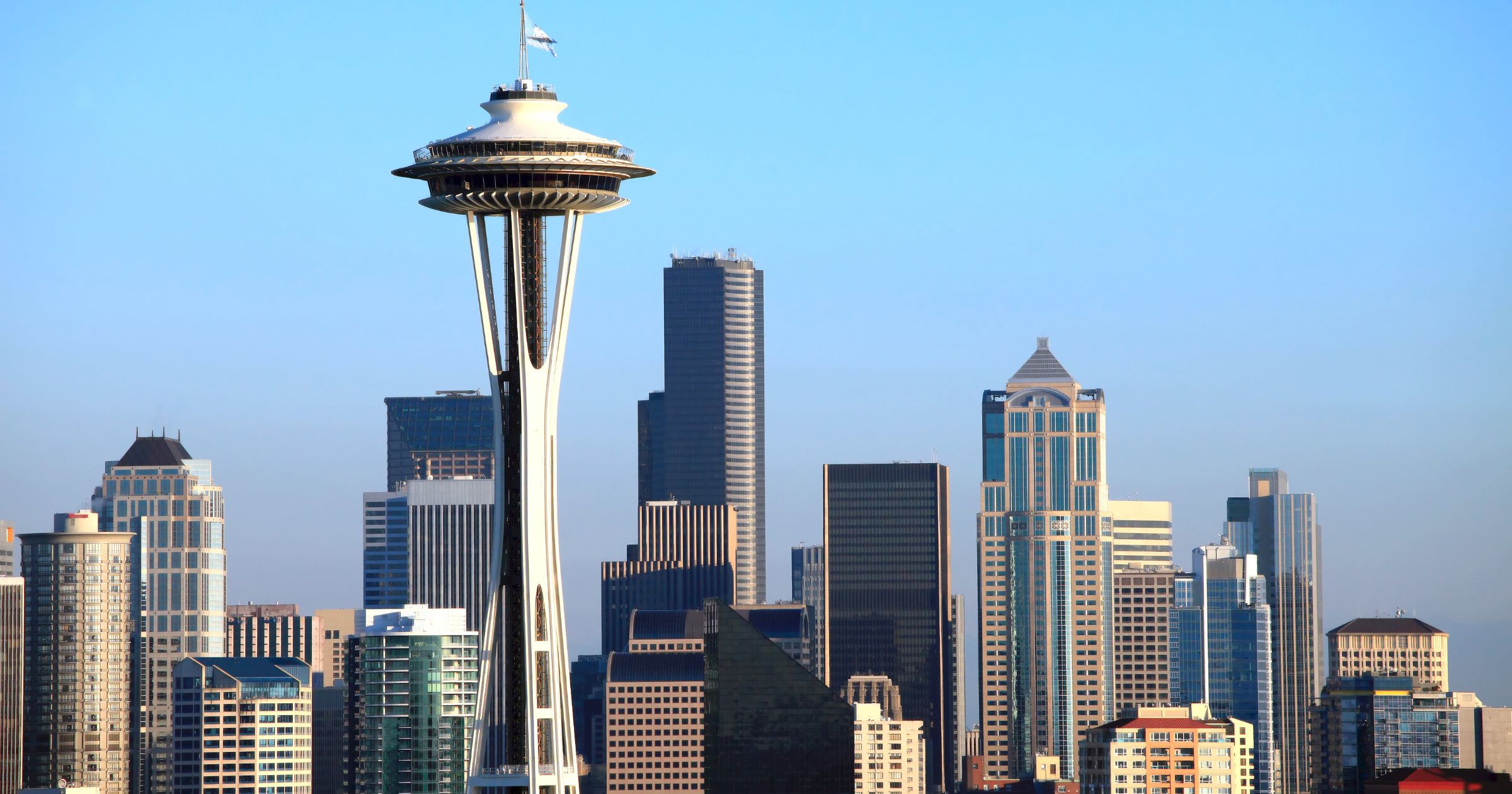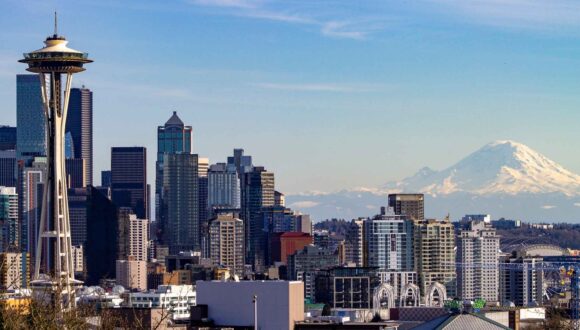A leader in the Forrester Wave: Highspot combines an exceptional user interface with top-notch customer support.
This year marks the first time Forrester has published a single Wave for the Revenue Enablement category, highlighting how important it is to bring content, readiness, buyer engagement, and top-notch analytics together in a unified enablement platform. If you didn’t get a chance to read our press release, Highspot received the highest score possible in 17 of the 32 criteria. We were cited for our ability “to deliver a unified content management and learning and development platform with impressive results” and were named a Leader by Forrester Research in The Forrester Wave™: Revenue Enablement Platforms, Q3 2024.
Sales technology is a competitive environment and our position as a Leader is a confirmation of the quality of our product, the strength of our market position, and our reputation as a top-tier vendor in enablement. Furthermore, it demonstrates our vision for the future is compelling. The future of enablement is about breaking down barriers to what’s possible, and we’re focused on empowering our customers to enable further, faster.
The next frontier
Early on, Highspot decided to build, not buy, our unified enablement platform – our vision for the category breaks down silos in your go-to-market (GTM) organization, and the only way to do that is with a unified experience for GTM teams, unified data model, and unified AI that accelerates execution. Moreover, the research demonstrates our unified platform and overall customer experience excellence, noting: “The company’s technology platform is complemented by a first-rate customer support function which helps to differentiate Highspot. Reference customers praise Highspot’s intuitive, user-friendly interface, seamless integration with numerous systems, and comprehensive analytics.”
However, we aren’t stopping here. We’re ready to show what it truly means to break down silos and bring together a new unified approach to revenue enablement platforms.
And our CEO, Robert Wahbe, said, “The problem is that go-to-market teams are often siloed with no system to define, execute, and optimize their initiatives. We’re the only enablement provider offering a unified approach to eliminate those silos. We believe Forrester’s recognition underscores the strength of our vision and unified platform’s capabilities for helping our customers excel.”
A unified approach
A winning GTM strategy stays ahead of the competition. Get ready to enable what once felt impossible with our upcoming Fall Launch at Spark 2024, where we’re introducing the world’s first system of record for defining, executing, and optimizing GTM initiatives:
- Unified experience for GTM teams to get equipped, trained, and coached: Highspot is natively-built and has a single information architecture delivering the same, intuitive experience for administrators, sellers, and leaders alike.

- Unified data model to connect GTM execution to business impact and optimize your execution: Our single information architecture unifies data across Highspot. This includes seller activity in content, training, and coaching programs, real-world buyer conversations, and your CRM, delivering actionable analytics and business outcome insights faster and more accurately than ever before.

- Unified AI engine that powers always-on coaching and improves GTM productivity: Copilot is woven through our unified experience and capitalizes on our unified data model to deliver the most accurate and fastest analysis, co-creation, and automation in the industry. Highspot stands out from the rest of sales technology by focusing on the people who drive revenue, not just a single deal. Our Fall Launch at Spark 24 crystallizes this focus and opens a new frontier for enablement – always-on coaching.


Our platform combines content management, guided selling, adaptive learning, and always-on coaching into one seamless experience, backed by end-to-end analytics shedding the silos standing between you and predictable growth.
We’re going beyond what’s been possible in enablement until now. Will you join us?
Enable more with Highspot and take a demo.




